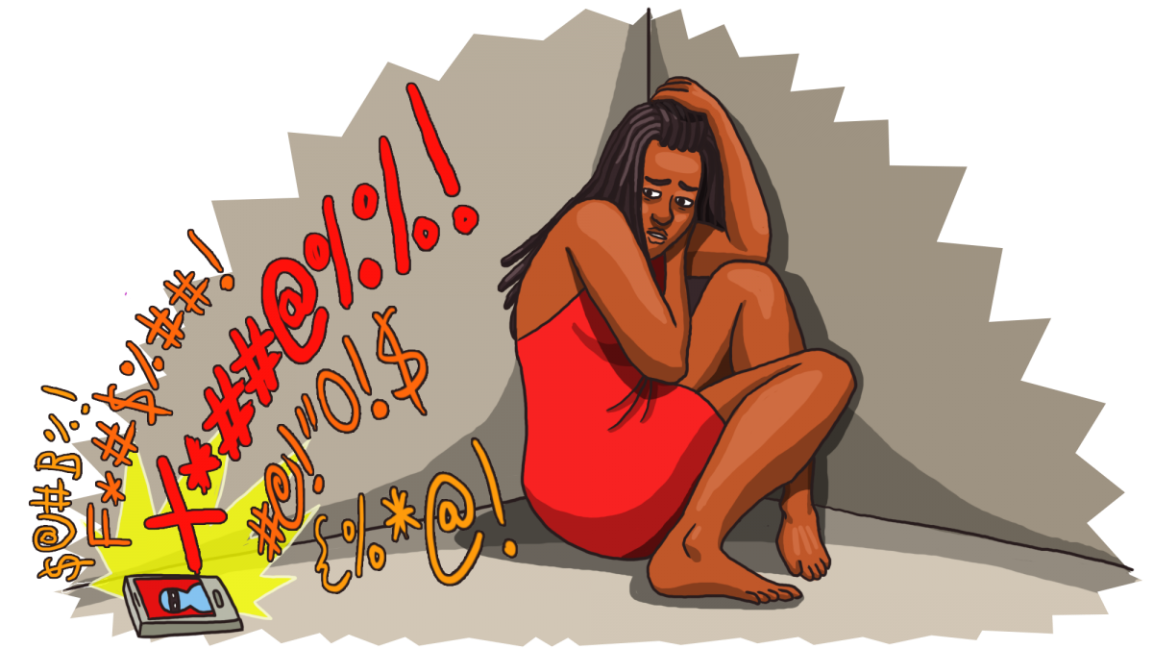By Blaise Ndola
My participation in each edition of the Forum on Internet Freedom in Africa (FIFAfrica) has always been a learning curve in understanding certain issues and topics related to Internet Freedoms in Africa. For the 2018 forum, which was held in Accra, Ghana on September 26-28, I was more interested in participating in discussions and debate on equality and non-discrimination, with a focus on gender-based violence (GBV)
On the issue of the existence of GBV online in Africa, I was delighted to see almost all participants and panelists agree on the prevalence of this phenomenon on the African web.
Victims response to GBV online
I was surprised to learn that in Africa, like in other parts of the world, the reactions of women victims of online GBV were the same. The most common being to ignore or block the perpetrators – a response that encourages impunity and more abuse. Some justify this reaction to religion, cultural norms or by the desire “not to embarrass loved ones”.
The absence of adequate laws and policies to combat this phenomenon
The gap in denouncing of abuses is a reflection of the absence of legal provisions criminalizing gender-based violence online in Africa. In my country, the Democratic Republic of Congo, for example, there is no law or policy against stalking, revenge pornography or harassment online. This situation also discourages victims from reporting abuses knowing that no satisfactory action will be taken by law enforcement authorities. It is therefore necessary to continue advocacy work for the implementation of laws to protect vulnerable users such as women and children in Africa, while also undertaking sensitization efforts on safe and secure use of the internet and avenues for support for victims of GBV online.
Is GBV online a case of women vs. men?
It is this point that has effectively transformed my approach to GBV online and I hope this has been the case for other participants. With the current trend towards aligning GBV into a fight between men and women, it was important to highlight the issue of proportionality. There are indeed some men who experience online harassment that can be likened to GBV, but the number is insignificant compared to that of women and girl’s victims. The rise of this trend is causing some men to become reticent or hostile in the fight against GBV online leaving women to fight alone.
Going forward, we will work to integrate more men into Rudi International’s advocacy work for women and girl’s empowerment through ICT.
I would like to thank CIPESA and its partners for facilitating my participation at FIFAfric18. The notions learned, the elements of reflection acquired as well as the contacts made at all Forums participated in continue to serve us well in our work.


Le billet est fin. Votre réflexion – et de surtout vos travaux avec FIFAfrica et Rudi – sont à la fois pénétrants et percutants. Mais la trame du billet laisse à désirer en ce qui est de l’évolution des idées sur le sujet traité.
Sur les questions en débat et/ou à débattre sur le sexisme et sur mutisme que sur l’opinion publique semble – à certains endroits – nourrir quant à ce, je trouve imposants les travaux de la française Muriel Salmona (@memoiretrauma). L’on peut aussi lire avec intérêt la sénégalaise Awa Cissé, la togolaise Michèle Dedevi-Ekue ou encore la marocaine Najat Ikhich.
Beaucoup de courages !
Arsène Ntamusige (@arsenentamusig1)
LikeLike